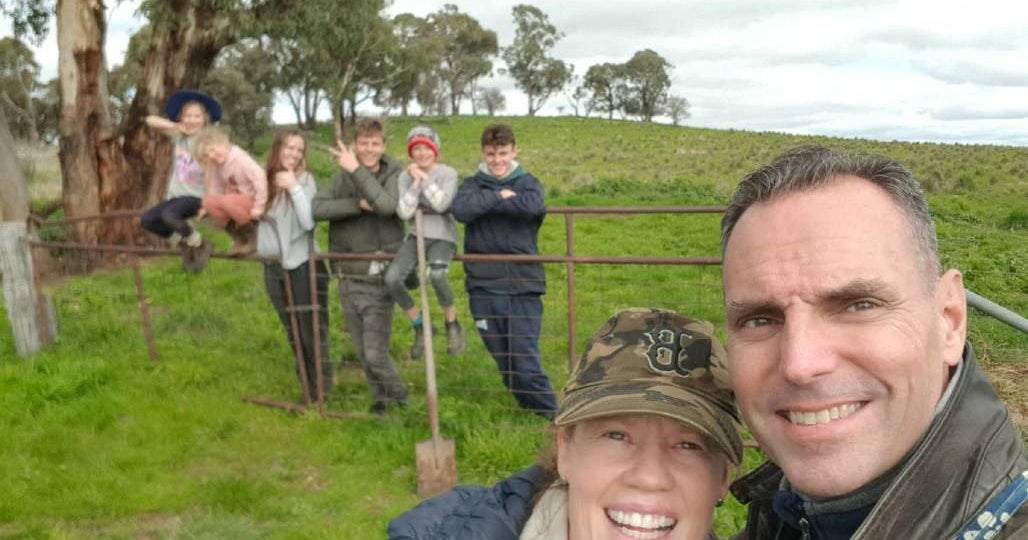Attorneys for families held by ICE challenge lead lawyer in case governing detention of migrant kids
Attorneys representing families in U.S. immigration custody mounted a direct challenge to the lawyer who has represented migrant minors in a landmark court case for decades, accusing him of not doing enough to ensure that parents and their children are released from government detention together during the coronavirus pandemic.
Lawyers at the non-profits that offer legal services at the three family immigration detention facilities in the U.S. filed a motion Monday to intervene in the Flores Settlement Agreement, which has governed the care of migrant children in U.S. custody since 1997. The filing, made on behalf of three minors in family detention, criticizes Peter Schey, the co-counsel in the case that paved the way for the Flores agreement, for working with the government on a process that they say would require parents to choose between allowing their children to be released without them or facing indefinite detention.
The groups, the Refugee and Immigrant Center For Education and Legal Services (RAICES) and Aldea — the People's Justice Center, as well as the law firm Akin Gump Strauss Hauer & Feld LLP, asked Judge Dolly Gee of the U.S. District Court in Los Angeles to allow them to become parties in the Flores case to monitor its enforcement and to address the "adequacy" of Schey's position as the lead counsel on behalf of migrant minors.
"It is unclear why class counsel is advocating for consent to separate the [children] from their accompanying parents or a waiver of their rights under the [Flores] Agreement that would inevitably lead to indefinite detention in unsafe, unsanitary, and unlicensed conditions during a pandemic as the sole alternative," the organizations wrote in their filing, referring to Schey.
The Flores consent decree requires the government to seek the expeditious release of minors from immigration detention. In rulings in 2015, Gee ordered that the agreement's protections apply to minors detained with their parents, not just those who arrive at the border unaccompanied, and that the government could generally not keep children in unlicensed family detention facilities for more than 20 days. The three family detention centers overseen by U.S. Immigration and Customs Enforcement are not licensed.
RAICES and Aldea represent families at the detention facilities in Karnes City, Texas, and Leesport, Pennsylvania, respectively. There are roughly 300 parents and children currently in ICE family detention. The average age of the minors at the Karnes family detention facility is 4 years old, according to court filings. The plaintiffs in the request to intervene in the Flores case are a baby on the verge of turning 2, a 1-year-old infant and an 8-year-old receiving treatment for tuberculosis.
The main dispute between the two groups and Schey, known as a champion of migrant children for decades, stems from an order issued by Gee last month. Citing rising coronavirus cases at ICE's detention facilities, Gee ordered the agency to release all minors who have been held for more than 20 days. According to Monday's filing, at least 79 coronavirus cases have been reported among staff and detainees at the family detention facilities.
Because she lacks the authority to order the release of adults, who are not covered under the Flores agreement, Gee said ICE had two ways to comply with her order. The agency could release the families together, exercising its authority to release the adults, or it could ask parents whether they would consent to having their children be released without them to a sponsor, like a family member living in the U.S.
Justice Department lawyers have signaled in multiple court filings that ICE does not intend to release all families. Instead, the government and Schey have been working on documents that parents could use to waive their children's right to release, as well as a process in which parents can be asked whether they would allow their children to be released without them.
RAICES, Aldea and the other non-profit offering direct legal representation to detained families, Proyecto Dilley, have forcefully opposed these choices, calling them inherently coercive and involuntary options that could split families apart. In their filing Monday, the groups also said there's no way for parents to make informed decisions because they have not received information regarding the "legal consequences of such a choice."
"[Children] are being offered the 'option' of either separating from their parents, which is well-documented as causing life-long trauma or extended detention, which is also well-documented as causing life-long-trauma, in addition to exposure to a deadly virus," the groups wrote, adding that they have privately communicated with Schey about their concerns with his approach.
Schey has previously told CBS News that he would prefer ICE to release families together. But since the agency has shown a reluctance to do so, he believes parents who would rather allow their children to be released than have them continue in detention should have a way to do so created in part by advocates, not just the government.
Parents with teens who fled violence may be interested in giving their children a chance to live in the U.S. with family members, rather than being deported with them to potential danger, Schey said Tuesday.
The longtime lawyer said he and his team have been successfully representing migrant children for decades, noting that the litigation he has led has prompted several court rulings establishing protections that all minors are now afforded while in U.S. immigration custody. Schey acknowledged that advocates advised him not to work with the government to create a process for parents to decide whether to allow their children to be released without them — but said there was no other option.
"Number one, that would've violated the court order," Schey told CBS News. "But number two, it would've left it 100% up to ICE to come up with whatever it wanted to come up with and then for us to be reacting to that at the 11th hour."
The legal services providers on Monday also criticized Schey for filing a joint request with government to have Gee extend the deadline for compliance with her June order from July 17 to July 27. Gee granted that request last week, and RAICES and Aldea want her to reconsider.
"Class counsel has sought, jointly with the Government, the extension of his own clients' detention at facilities with active COVID-19 outbreaks," the groups wrote in their request to intervene.
In addition to the litigation in Los Angeles, there is a case in the U.S. District Court in Washington, D.C., in which a judge is expected to rule this week on whether the families' continued detention violates their constitutional rights.




